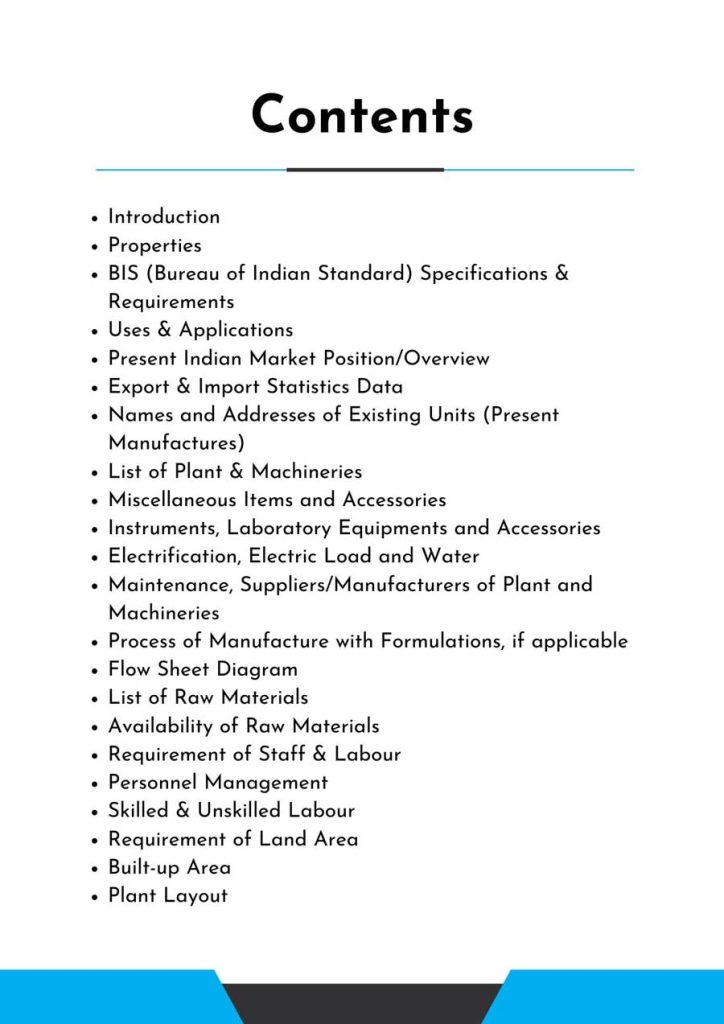Feasibility Report On Healthcare Product
Healthcare products encompass a wide range of items and devices designed to improve health and well-being. From medications to medical equipment, they play a crucial role in maintaining and enhancing human health.
Introduction
Feasibility Report For Healthcare products.
Healthcare products include a broad range of items, devices, and medications that are meant to improve and maintain people’s health and well-being. These goods are critical in the prevention, diagnosis, treatment, and management of a variety of medical disorders. They include a wide range of areas, including medical equipment, medications, personal care goods, and health monitoring gadgets.
Extensive research, scientific advances, and rigorous testing are used to ensure the safety, efficacy, and compliance with regulatory standards of healthcare goods. Medical equipment accounts for a sizable share of healthcare products. Blood pressure monitors, glucose meters, surgical instruments, imaging machines (such as X-ray and MRI scanners), and ventilators are examples of such devices. These instruments aid in the diagnosis of medical disorders, the monitoring of patient health, and the provision of appropriate treatments. They enable healthcare providers to precisely assess patients’ illnesses and make informed decisions about their care.
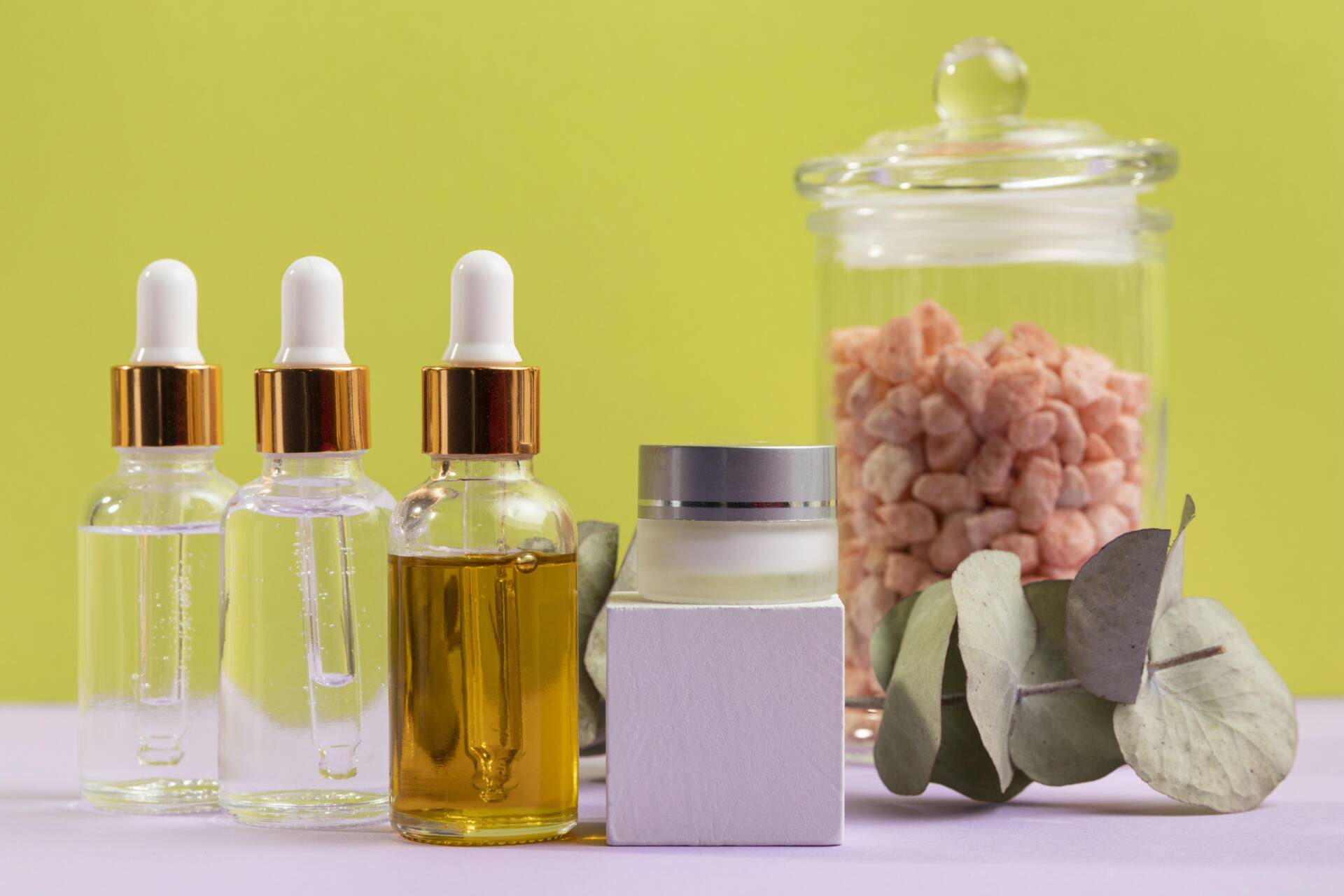
Pharmaceuticals are another critical component of healthcare. These include prescription prescriptions, over-the-counter medications, and several types of immunizations. Pharmaceuticals are created to cure and manage diseases, reduce symptoms, and improve general health. They are subjected to extensive testing and clinical trials to assure their effectiveness and safety. Government entities oversee pharmaceutical product labeling, dosing directions, and quality control.
Personal care products are intended to enhance hygiene, well-being, and overall health. Soaps, lotions, sanitizers, toothbrushes, and oral care products are examples. These goods assist persons in maintaining correct hygiene practices, preventing the transmission of infections, and promoting overall well-being. Personal care items may also contain dietary supplements, vitamins, and minerals that help with nutrition and overall health.

In recent years, there has been a substantial increase in the use of health monitoring gadgets. Fitness trackers, smartwatches, and wearable gadgets that assess vital signs, track physical activity, and monitor sleep patterns are examples of these devices. By giving real-time data and insights, these gadgets enable people to take control of their health. Healthcare workers can also use health monitoring equipment to remotely monitor patients, discover early warning signs, and intervene as needed.
Feasibility Report Sample On Healthcare Products

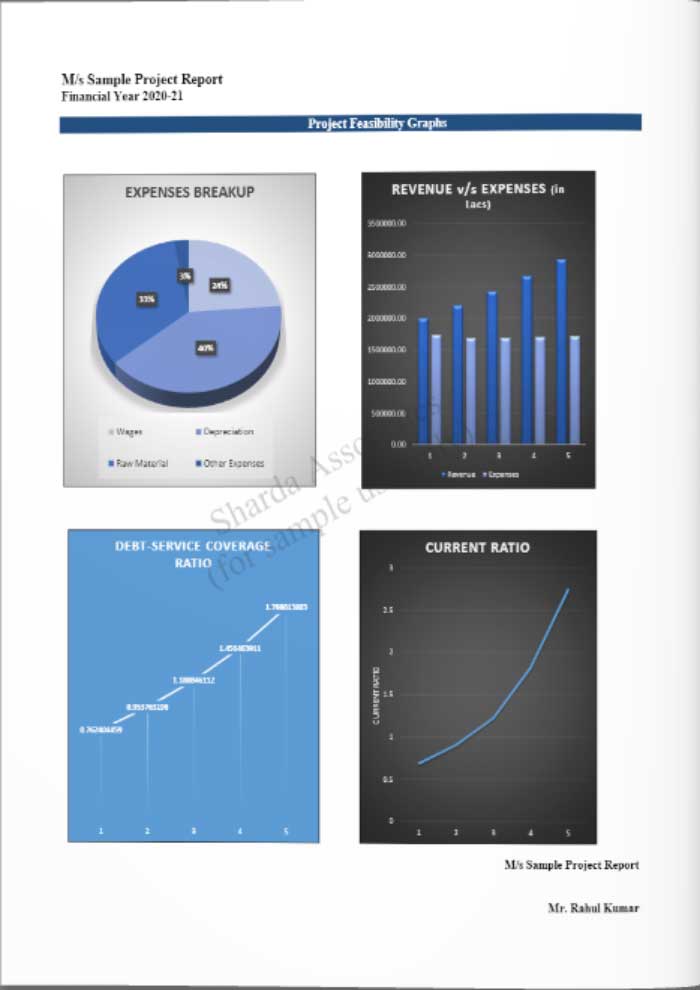
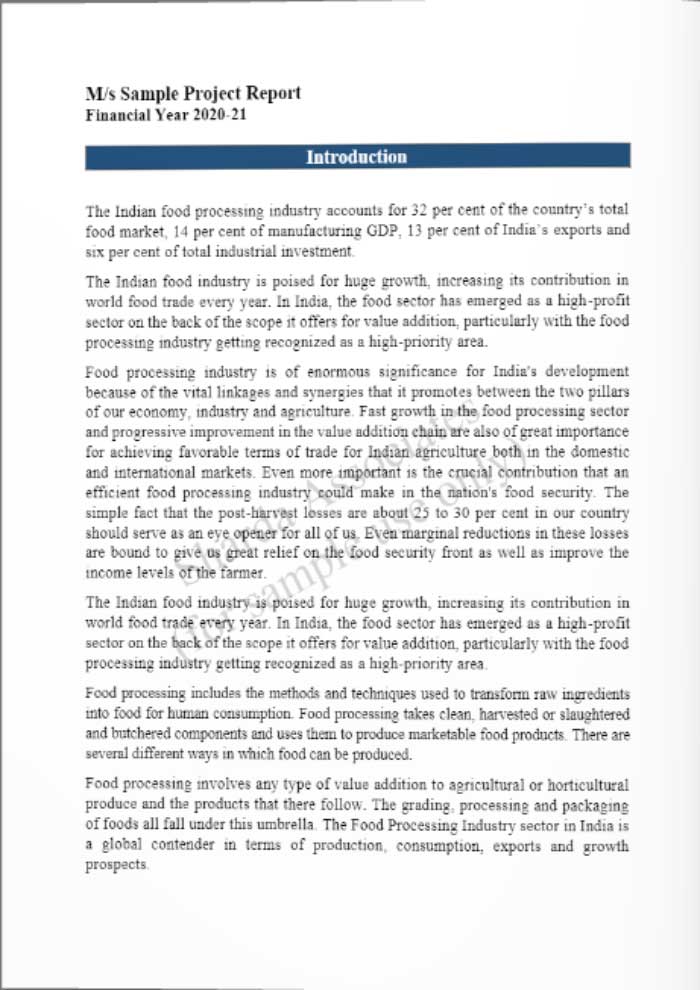
Market Strategy of Healthcare Products
The global healthcare products market is anticipated to be worth around USD 85.37 billion by 2030, up from USD 44.65 billion in 2020, at a CAGR of 9.2% from 2021 to 2030.
The inclusion of modern technology into traditional healthcare services, which transforms them into smart healthcare goods, defines smart healthcare products. Smart healthcare products increase the quality of healthcare services and the customer experience. The major purpose is to educate consumers about their medical state and keep them informed and up to date on their medical conditions. The Internet of Things (IoT) and its applications, including healthcare, have invaded the commercial sector.
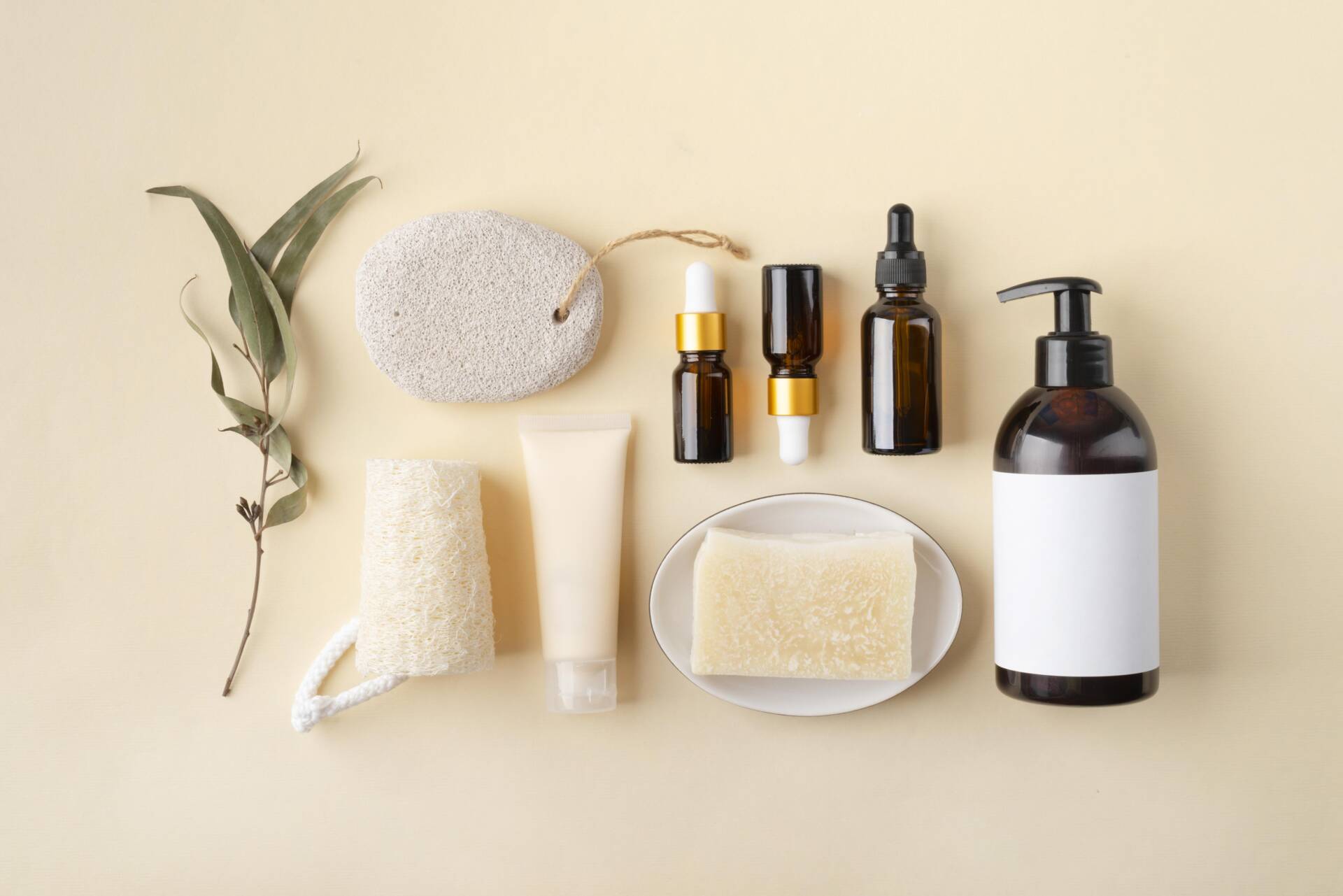
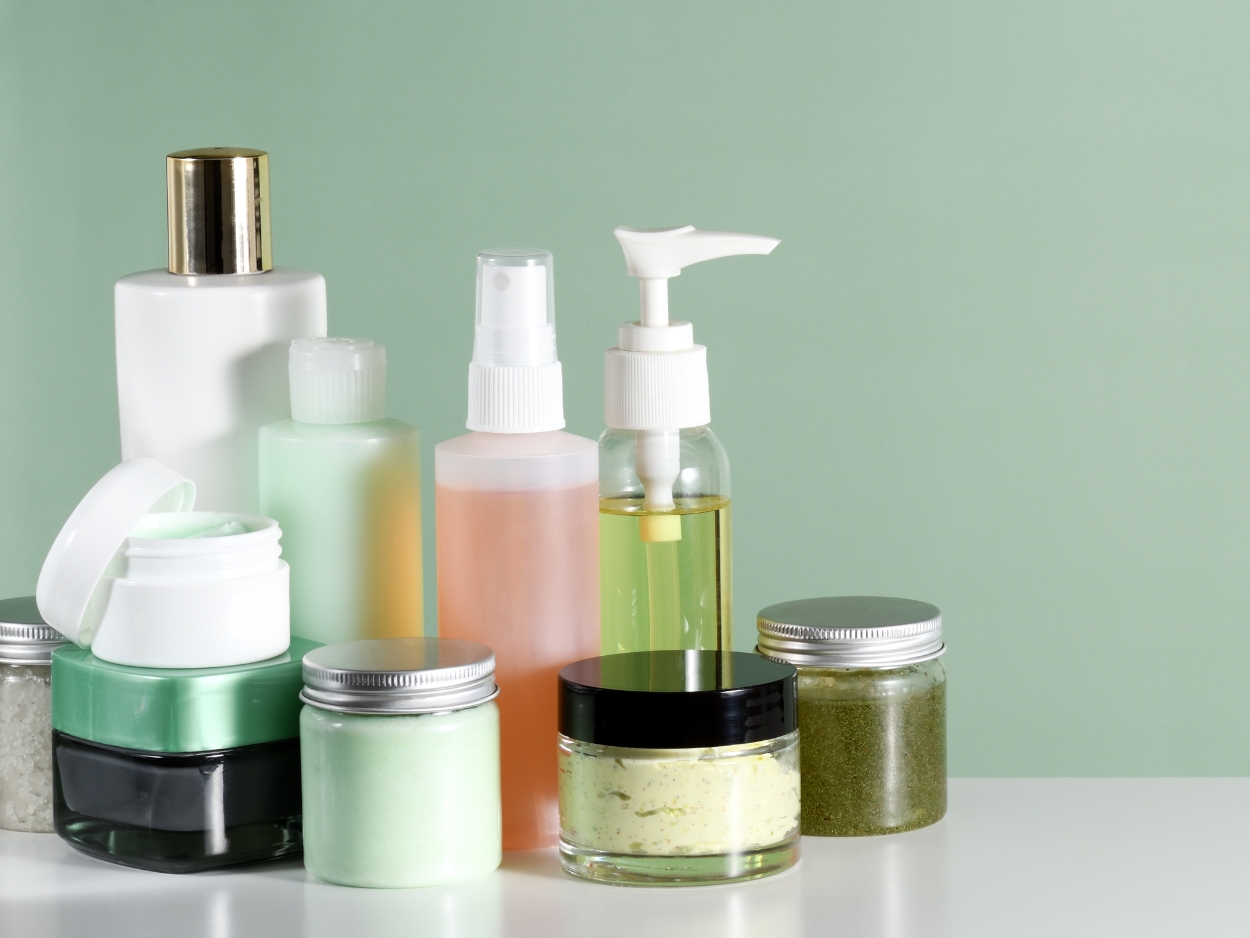
The market for smart healthcare solutions is predicted to grow substantially as the Internet becomes more widely used. The Health Products industry is divided into numerous segments, such as Weight Management, Vitamins & Dietary Supplements, and so on. Food includes health products. They share the features of popular foods and can regulate human body functions. They are safe to consume for some groups of people, but not for the purpose of healing diseases.
There is an increasing emphasis on preventative healthcare and wellness, driven by increased awareness of the significance of living a healthy lifestyle. Consumers are looking for products that promote preventive care, such as activity trackers, health monitoring gadgets, dietary supplements, and health-related apps. This trend increases the market potential for healthcare items.

